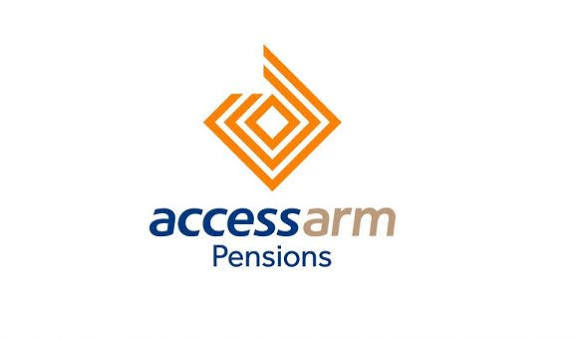International crude oil refiners have begun to provide credit facilities in an effort to help Nigerian oil marketers get past the difficulty of the country’s cash shortage.
According to The Punch, a source stated that foreign refiners decided to offer credit facilities to Nigerian oil marketers because they were concerned about losing one of their key markets as a result of the removal of subsidies.
“As of right now, the rising FX rate makes it more profitable to buy than to import. When you wish to pay for the product, you would be exposed to excessive exchange rates if you purchase it from companies like Glencore and others.
“In fact, foreign refiners have been requesting meetings with Nigerian oil marketers in order to provide us with goods on credit as many individuals lack the necessary funds to purchase goods. However, if you purchase anything from them on credit, the interest rate would also be greater and you would also be responsible for some fees.”
The source also claimed that as of right now, the rising FX rate makes it more profitable to buy than to import. When you wish to pay for the product, you would be exposed to excessive exchange rates if you purchase it from companies like Glencore and others.
“As a matter of fact, foreign refiners have been requesting meetings with Nigerian oil marketers in order to provide us with goods on credit as many individuals lack the necessary funds to purchase goods.
“However, if you purchase anything from them on credit, the interest rate would also be greater and you would also be responsible for some fees.”
In order to lower the landing cost, it pays to either buy locally or collaborate with other importers to purchase in bulk from those refineries, which is preferable to purchasing through PFI according to the source.
Through the Private Finance Initiative, money made by private sector investors can be used to fund public sector projects.
The first half of 2023 saw consumption of 11.26 billion liters, according to data from the Nigerian Midstream and Downstream Petroleum Regulatory Authority.
However, the country’s PMS consumption decreased from 66 million liters per day before the Federal Government halted the regime of petrol subsidies on May 29 to an average of roughly 18.5 million liters per day in June.
The chief executive officer of Emadeb Energy, Adebowale Olujimi, declared that the importation of fuel was no longer “sustainable” when addressing the event marking the first importation by independent marketers in July.
He believes that revitalizing regional refining is “the way to go”.
“Importing petroleum is not a sustainable method for a country to function. The fact that the price of PMS has increased to almost N600 per liter is a sign that the business environment is difficult. To bring merchandise, enormous US dollars are needed. Reviving local refineries is the way forward,” he said.
Despite the declining demand for fuel, refiners from Russia, the Middle East, and Europe are reportedly vying with one another to expand petrol shipments to Nigeria.
According to information from Argus on Nigeria’s European trade overview for petrol, the amount of Russian petrol finding a home in Nigeria has increased to 24,000 barrels per day in 2023 from 3,700 b/d in 2022.










